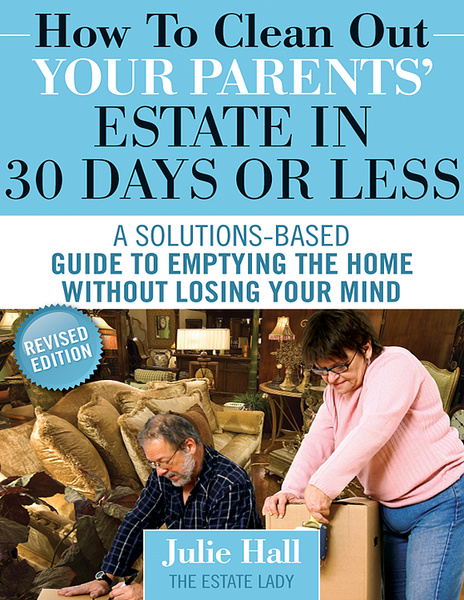“Daunting” is a good word to describe the downsizing process, and many questions and problems will arise during the process. Selling household contents and clearing out a home after a loved one becomes infirm or passes away brings about great emotions which further complicate the process.
Consider it a labyrinth of issues — whichever way you go, there are even more questions and things to worry about. There are many “unprofessional professionals” waiting in the wings to take advantage, so you must carefully choose the best professional to assist you. The more knowledge you can amass, the better equipped you will be to make sound decisions and feel good about them.
Talk to different professionals: auctions, estate liquidators, consignment companies, to gather facts and see what each one can offer you. Find out if they will come to your home and look at the items to be sold, what their percentage is, whether they charge a fee to pick those items up, can they provide references, do they work by contract (you want a contract!). Remember too, to contact your local Better Business Bureau to make sure they have no unresolved complaints against them.
Ask around. Talk to friends, colleagues, your attorney. Most of all, find a professional you feel comfortable with and feel you can trust. If your gut instinct tells you the fit is not right, listen to that instinct and continue searching for another professional.
Next week: A guide to hiring an estate liquidator
In the meantime, check out my book “How to Clean Out Your Parents’ Estate in 30 Days or Less” for so much more on this process. See the link to the book at the right of this blog.
© 2011 Julie Hall



